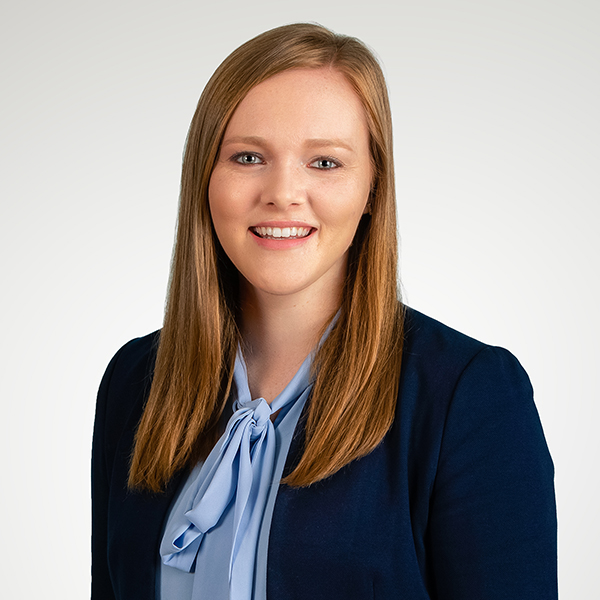By Anne Bolamperti and David G. Barker In RPX Corp. v. Applications in Internet Time LLC, the Patent Trial and Appeal Board (“PTAB”) held in a precedential opinion that three inter partes reviews (“IPRs”) were time-barred under 35 U.S.C. § 315(b) because the petitioner, RPX Corp. (“RPX”), failed to name its client Salesforce.com (“Salesforce”) as a real party in […]
 AB
AB
 DB
DB
By Alysha Gilbert and David G. Barker Are PTAB judges constitutional? This week the Supreme Court granted certiorari to answer this question. In Arthrex v. Smith & Nephew, the Federal Circuit considered whether the appointment of administrative patent judges violates the Appointments Clause of the Constitution. The Appointments Clause requires the president to appoint principal officers, […]
 AG
AG
 DB
DB
By Daniel M. Staren and David G. Barker The Federal Circuit’s recent decisions in American Axle & Manufacturing, Inc. v. Neapco Holdings LLC have not clarified the standard for patent eligibility under 35 U.S.C. § 101 (see a previous analysis of § 101’s unpredictability here). In this case, significant differences among Federal Circuit judges turned […]
 DS
DS
 DB
DB
By Anne Bolamperti and David G. Barker Yesterday, in Thryv, Inc. v. Click-To-Call Technologies LP, the Supreme Court held that Patent Trial and Appeal Board (“PTAB”) decisions regarding the time limit for filing inter partes reviews (“IPRs”) are not subject to judicial review. Thryv filed an IPR against Click-To-Call’s patent for anonymous telephone call technology. Click-to-Call argued the […]
 AB
AB
 DB
DB
By Daniel M. Staren and David G. Barker The Supreme Court unanimously held that the United States Patent and Trademark Office (PTO) may not recover the salaries of its legal personnel as “expenses” in a civil action challenging an adverse decision by the PTO under the Patent Act. The Court’s decision in Peter v. NantKwest […]
 DS
DS
 DB
DB
By Andy Halaby At the Supreme Court’s request, the Solicitor General on Friday, December 6, weighed in on two pending cert petitions dealing with patent subject matter eligibility under 35 U.S.C. § 101. Though the Solicitor General urged on behalf the United States that both those cert petitions be denied, he seized the opportunity, in […]
 AH
AH
By C. Matthew Rozier In a recent 6-3 decision, the Supreme Court held that the U.S. Postal Service and other federal agencies are prohibited from challenging the validity of patents post-issuance under the proceedings created by the Leahy-Smith America Invents Act (“AIA”). The Court’s decision in Return Mail Inc. v. U.S. Postal Service reversed a Federal […]
 CR
CR
By Zachary G. Schroeder,* Jacob C. Jones, and David G. Barker In April, we posted an article titled “Section 101 in 2019” summarizing the existing patent eligibility test, discussing recent Federal Circuit decisions, and providing practical strategies for practitioners to navigate the Section 101 landscape. That article highlighted the lack of certainty and predictability under existing […]
Snell & Wilmer Lawyers presented their article, Section 101 in 2019, at the ABA Section of Intellectual Property Law’s Annual Meeting in Arlington, Virginia, as part of a program, “101 ‘301’: Advanced Subject Matter Eligibility.” The article summarizes the existing patent eligibility test, discusses recent Federal Circuit decisions, and provides practical strategies for practitioners navigating the […]
 JJ
JJ
By Daniel S. Ivie and David G. Barker A recent decision by the Federal Circuit has broadened the potential for declaratory judgment personal jurisdiction to exist based on letters sent to accused patent infringers in a foreign forum. In Jack Henry & Associates, Inc. v. Plano Encryption Technologies, LLC, the Federal Circuit appears to now […]
 DI
DI
 DB
DB